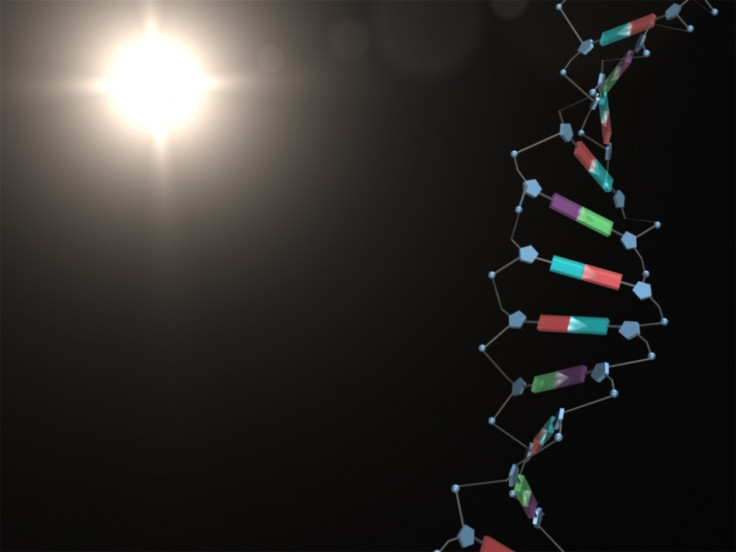Gene Manipulation: Scientists Seek Safeguards Against Cutting-Edge Genetic Research

The clarion call for safety measures and introspection on cutting-edge genetic research has issued forth from scientists themselves.
Writing in an editorial, they warn about a powerful technology that has the power to cause unimagined mayhem in the natural world. The scientists call for integrated risk management including genetic "antidotes" that could possibly reverse the effect of unintended gene manipulation.
Genetic research is moving faster today than ever before and with fewer constraints. The scientists call for public discussion of environmental and security concerns, research into areas of uncertainty and development and testing of safety measures.
There is need for a lead time to determine when and how such powerful technologies should be used.
As nature deemed it, the chance of a gene being passed on to offspring is 50%, but man has already delved deep inside the chromosome world and begun to alter the genetic makeup for certain benefits. Of course, benefits for humans.
Take for instance, the work that designs mosquitoes that only produce male offspring. By releasing these designer insects in the wild, the obvious benefit is a population crash, thereby reducing malaria. The same technology has also been contemplated as a way to spread genes that would make weeds more susceptible to herbicides.
The technique, referred to as a "gene drive," would cause chosen genes, including man-made ones, to quickly spread through a species as its members reproduce.
While gene drives may have commercial and public health uses, 10 scientists who published the editorial in the journal Science call for more public discussion, and also more scrutiny by regulators.
"People are beginning to think through these issues," says Austin Burt, an evolutionary geneticist at Imperial College London. Burt pioneered the idea of using gene drive to control malaria.
According to Kenneth Oye, a political scientist at MIT, as well as James Collins, an expert in genetic engineering at Arizona State University, "gene drives present environmental and security challenges."
Researchers have been developing gene drive approaches to alter mosquitoes to slow the spread of malaria and dengue fever. Even though the idea of driving particular traits to spread through a species isn't new, what worries the scientists is that some new genome editing methods, known as CRISPR/Cas9, will make it much easier to do, and may see the technique applied to more species.
In another article published, scientists from Harvard University, led by George Church, say they've created big advances to the method which people need to start worrying about.
The fear is that the gene drives might run amok and affect wild populations of plants, animals, or insects. The faster an organism reproduces, the quicker a gene could spread. Any gene variant given an artificial boost could eliminate other versions of those genes whose potential evolutionary importance scientists have no idea of. Also, the technology could be used to create weapons that destroy agricultural crops or create super pests.
© Copyright IBTimes 2024. All rights reserved.





